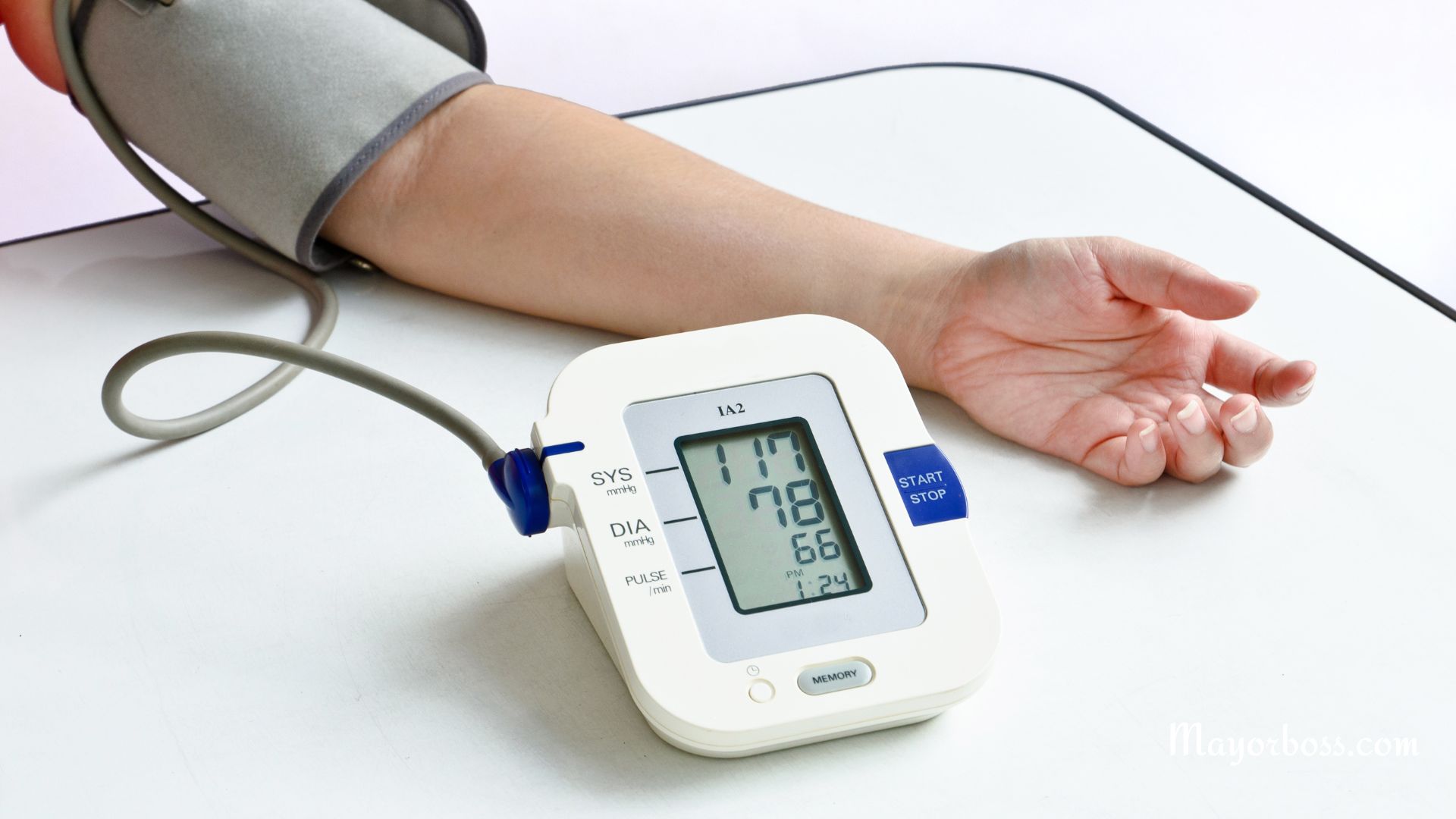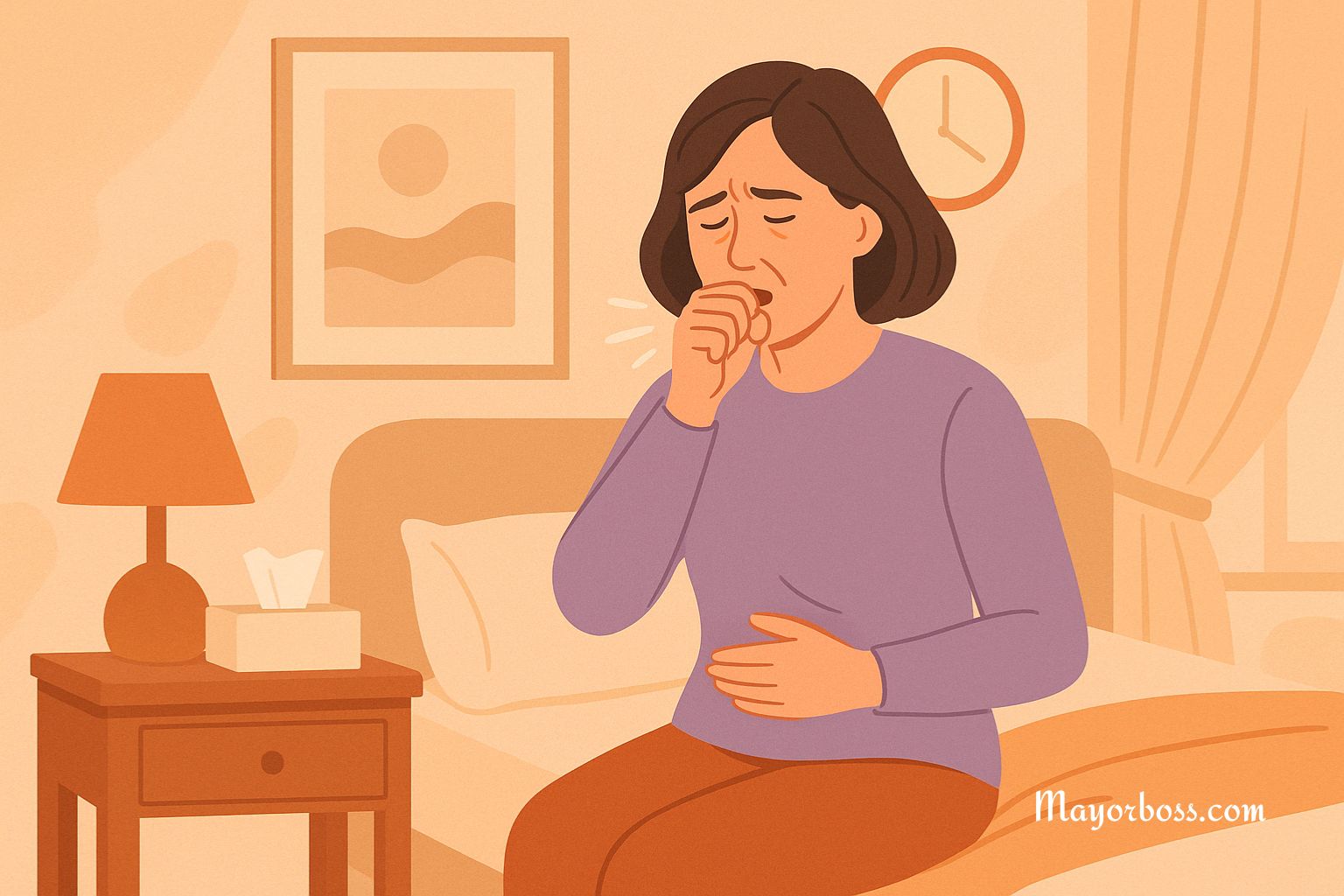Farting Blood: Causes, Symptoms, and Treatment
Passing blood with gas, or what might seem like “farting blood,” can be a worrying symptom. Understanding what this could mean is crucial for your health. This article provides the potential causes, symptoms to watch for, and treatment options.

What Causes Farting Blood?
If you notice blood when passing gas, it’s important to consider several possible causes:
- Hemorrhoids: Swollen veins in your rectum or anus can bleed, especially during bowel movements or flatulence.
- Anal Fissures: Small tears in the lining of the anus can cause bleeding after passing gas.
- Gastrointestinal Infections: Infections in your digestive system, such as dysentery, can lead to blood in stool and might appear when passing gas.
- Inflammatory Bowel Disease (IBD): Conditions like Crohn’s disease and ulcerative colitis can cause bleeding in the gastrointestinal tract, which may result in farting with blood.
- Diverticulitis: Inflamed or infected diverticula (small pouches) in your colon can result in bleeding, usually in or with stools.
- Gastrointestinal Cancer: Colon, rectal, or anal cancer might cause bleeding, although this is less common.
Symptoms to Watch For
If you’re experiencing blood with gas, look out for these accompanying symptoms:
- Rectal Bleeding: Bright red blood on toilet paper, in the toilet bowl, or mixed with stool.
- Pain or Discomfort: Pain during bowel movements or when sitting.
- Change in Bowel Habits: Persistent diarrhea or constipation.
- Abdominal Pain: Cramping or aching in the stomach area.
- Weight Loss: Unexplained weight loss can be a sign of a serious condition.
- Fatigue: Feeling unusually tired or weak.
Treatment for Farting Blood
Treatment depends on the underlying cause:
- Lifestyle Changes: Increasing fiber intake, staying hydrated, and regular exercise can help manage hemorrhoids and fissures.
- Medication: For infections, antibiotics may be necessary. IBD might require specific medications to reduce inflammation.
- Surgery: In severe cases of hemorrhoids, fissures, or diverticulitis, surgery might be required.
- Regular Check-ups: For IBD or if there’s a risk of gastrointestinal cancer, regular medical check-ups are crucial.
When to See a Doctor
You should consult a healthcare professional if:
- The Bleeding Persists: If bleeding continues or worsens, seek medical attention.
- Accompanied by Severe Symptoms: Such as significant abdominal pain, weight loss, or weakness.
- Change in Bowel Habits: Especially if you’re over 50 or have a family history of colon cancer.
Preventing Blood in Flatulence
To minimize the risk:
- Balanced Diet: Include plenty of fiber to ensure smooth bowel movements.
- Stay Hydrated: Drink enough water to prevent constipation.
- Regular Exercise: Helps maintain bowel health.
- Avoid Straining: During bowel movements, prevent hemorrhoids and fissures.
Frequently Asked Questions
Can diet affect blood in gas? Yes, a diet low in fiber can lead to constipation and result in hemorrhoids or fissures, which can cause bleeding.
Is blood in gas always a serious health issue? Not always, but it should never be ignored. Hemorrhoids, for example, can cause this and are often not serious but do require management.






